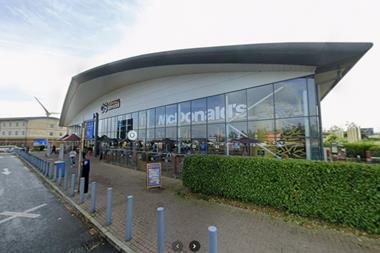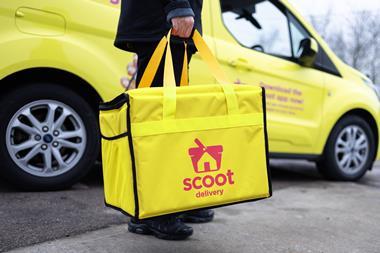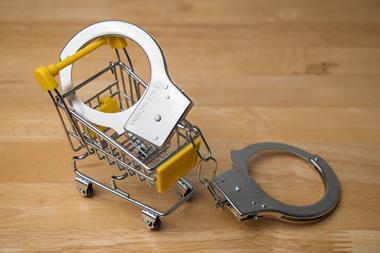The ACS chief executive James Lowman has warned that a suggested rise of 50p in the national minimum wage could cause serious damage to the convenience store sector.
Responding an article in The Times he said: “The article suggests that the Chancellor and the Prime Minister are convinced that a 50p increase in the minimum wage will put them a step ahead of Labour in the Living Standards debate that will feature prominently in the next election – the concept of the piece is that this would be a great bit of political strategising.
“I sincerely hope ministers don’t just consider the politics on an issue this serious. There is a reason why there is an independent expert body created to decide what should happen to the minimum wage. It is to take the political manoeuvring out of the equation. Certainly when it comes to retail such a sizeable increase in the minimum wage would have a significant and damaging impact.
“There is a macro debate to be had here about whether artificially inflating wages for the lowest paid would have a positive impact on standards of living, cost of benefits and spending in the economy, also there are real and valid moral arguments.
“We could talk all day about these issues, and maybe one of these days we will, but my focus for now is on explaining the impact of wage increases on convenience stores. And we know quite a lot about this impact.
“Surveys conducted by ACS over a number of years show that retailers’ struggle to absorb increases in the national minimum wage. Their response to this includes a reduction in staff working hours, increasing their own hours to cover shifts and delaying business investment plans.
“We also know that there is an issue of low pay received by a large number of business owners. Running your own business does not automatically make you a high earner. Our Voice of Local Shops poll last year found that 55% of independent convenience store owners believe they earn less than national minimum wage (when the hours they work in their business are taken into account). If we are not careful, the result of increasing minimum wage will be making bringing in more staff unaffordable, prevent growth and investment and reduce the income of the smallest retail entrepreneurs to crisis levels.
“The Low Pay Commission has a difficult judgement to make on the future wage rates but they are best placed to do it. They consider evidence not just from the business groups like us but trade unions, economists and low paid employees. The commissioners’ recommendations and conclusion must not be dismissed by the government in exchange for a smart political strategy.”

































No comments yet